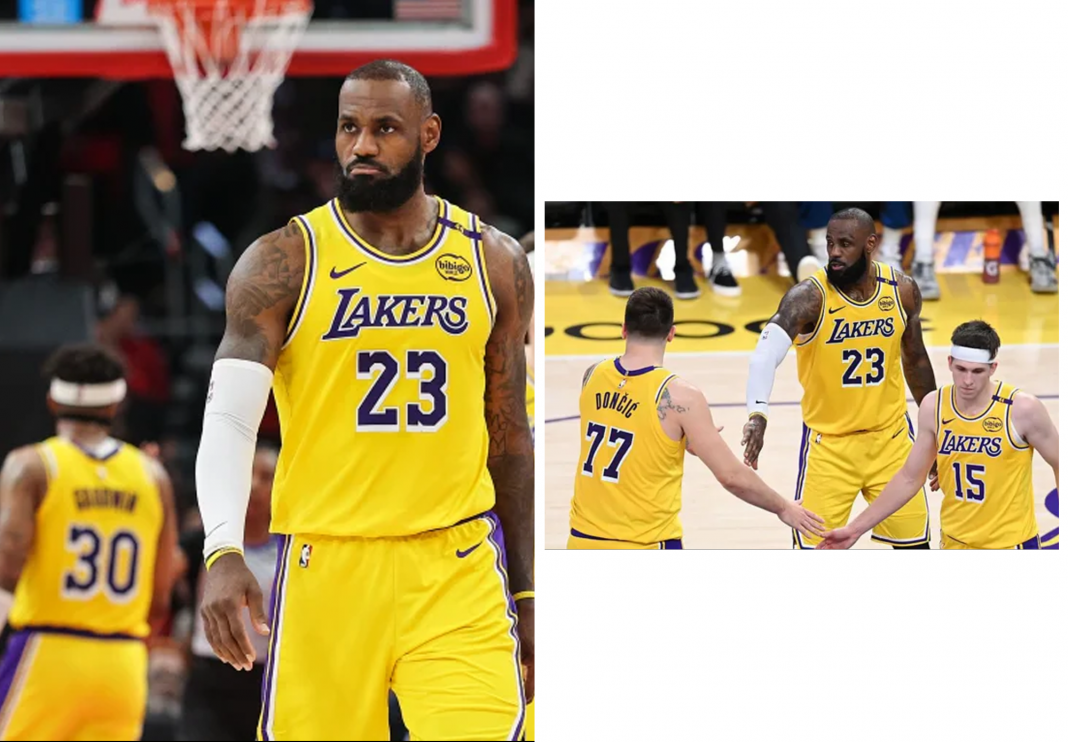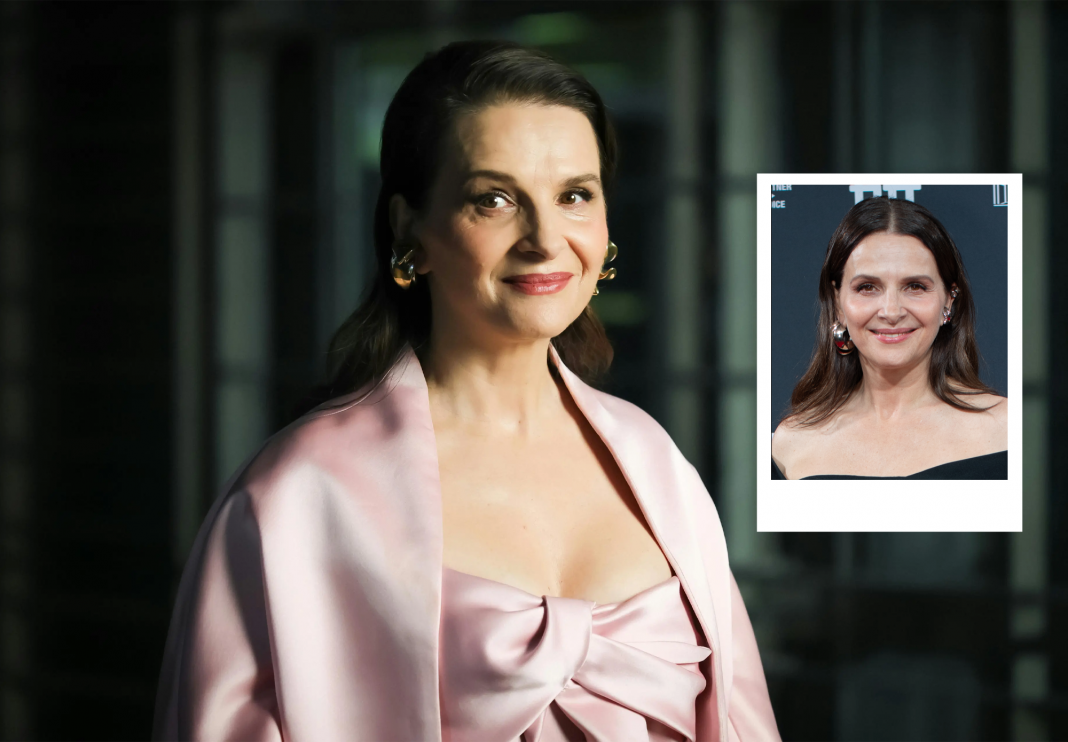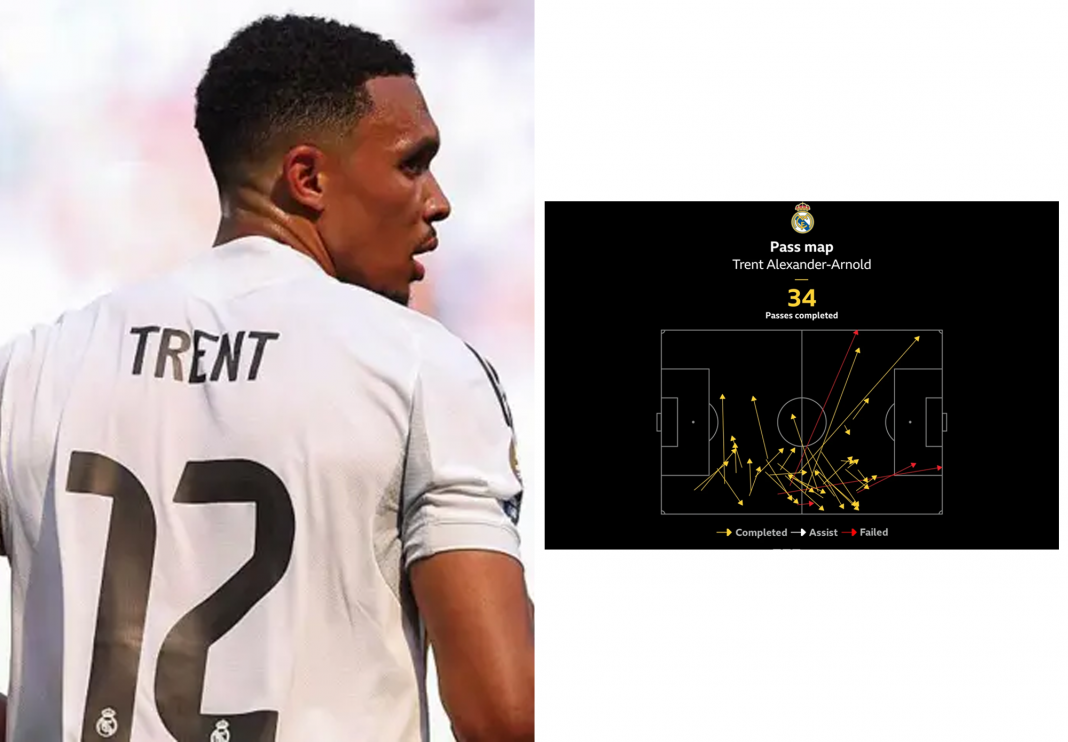In a historic shift that marks the end of an era in American sports, the Buss family has agreed to sell a majority stake in the Los Angeles Lakers to billionaire investor Mark Walter. The estimated $10 billion deal sets a new record as the most expensive sale of a U.S. sports franchise and signals a new chapter for one of basketball’s most iconic teams.
The end of an era—and the start of a new one
For over four decades, the Buss family name has been synonymous with the Los Angeles Lakers. From the time Dr. Jerry Buss purchased the team in 1979 for $67.5 million—a deal that also included the Los Angeles Kings and the iconic Forum arena—the Lakers have been one of the most celebrated and successful franchises in all of professional sports. Now, the torch is being passed.

According to sources familiar with the deal, Mark Walter, CEO of TWG Global and current co-owner of the Lakers, has reached an agreement to acquire a majority stake in the team. Walter, who already held a 20% share since 2021, is reportedly finalizing a deal that will value the Lakers at a staggering $10 billion. This transaction will eclipse all previous sales in U.S. sports history, surpassing the recent $6.1 billion Boston Celtics sale in March 2025.
While the specifics of the deal are still being finalized, it is clear that the Buss family, who currently own 66% of the team, will no longer control the majority. However, Jeanie Buss, daughter of the late Jerry Buss and current team governor, is expected to retain her position and continue to play a key leadership role in the franchise’s operations.
A legacy defined by championships and culture
Under the Buss family’s stewardship, the Lakers have become much more than a basketball team—they are a global brand, a dynasty, and a pillar of the Los Angeles identity. Since the purchase in 1979, the Lakers have appeared in 17 NBA Finals and secured 11 championships, more than any other team during that span. Legendary figures such as Magic Johnson, Kobe Bryant, Shaquille O’Neal, and now LeBron James have all defined their eras in the purple and gold.
The team’s legacy extends far beyond the court. With their Hollywood proximity and larger-than-life stars, the Lakers redefined the spectacle of sports entertainment. They helped popularize basketball globally and made the NBA a cultural phenomenon. The Buss family’s savvy leadership—especially Jerry’s early partnership with Magic Johnson—revolutionized the player-owner dynamic and team marketing.
Following Jerry Buss’s passing in 2013, ownership of the franchise was passed on to his six children through a family trust, requiring majority agreement for major decisions. Jeanie Buss emerged as the figurehead, assuming the role of governor and overseeing a transitional era that included the acquisition of LeBron James and the team’s 2020 NBA Championship during the COVID-shortened season.
Mark Walter: a new steward with a winning track record

The man poised to lead the Lakers into their next chapter is no stranger to high-stakes sports investments. Mark Walter is already the controlling owner of Major League Baseball’s Los Angeles Dodgers, a team that claimed the World Series title in 2020 under his leadership. His global sports portfolio also includes stakes in the English Premier League’s Chelsea FC and the Cadillac Formula 1 Team, set to debut in 2026.
Walter’s increasing footprint in the global sports industry speaks to a larger trend of multibillion-dollar conglomerates and financiers acquiring legacy franchises. A spokesperson for TWG Global confirmed that Walter is “entering into an agreement to acquire additional interests in the NBA’s Los Angeles Lakers.” His previous 20% stake now sets the foundation for full operational control.
Reactions from the sports world have been broadly positive. Lakers legend Magic Johnson expressed excitement for both the Buss family and the franchise’s future. “She’s witnessed him build a winning team with the Dodgers and knows that Mark will do right by the Lakers team, organization, and fans,” Johnson wrote on X (formerly Twitter). He added that both Jeanie Buss and Walter are “visionaries” who have “positively impacted the greater Los Angeles community.”
What this means for the Lakers—and for the NBA
The implications of this deal go far beyond Hollywood or the Western Conference. The $10 billion price tag resets expectations for franchise valuations across the league and could impact future negotiations regarding media rights, collective bargaining agreements, and league expansion. For the NBA, this is a testament to its growth as a global entertainment powerhouse, with teams now being treated more like cultural institutions than just sports assets.
For Lakers fans, questions remain. Will Walter’s leadership change the franchise’s culture? Will the front office see a shake-up? What role will Jeanie Buss truly play going forward? These are valid concerns—but early signs suggest continuity as much as change. The Lakers are still led by LeBron James, who, despite being in the twilight of his career, continues to shape the team’s identity. The Buss family’s continuing involvement, albeit in a diminished ownership capacity, may help provide stability during the transition.
Yet the message is clear: this is a new era. One marked by the confluence of sports, business, and global media influence, with owners like Mark Walter positioning themselves as stewards of both financial growth and legacy preservation.
A billion-dollar bet on legacy and future
The sale of the Los Angeles Lakers is more than just a high-profile transaction; it is a cultural event and a business milestone. It signals the growing power of the NBA as a global brand and underscores how elite sports franchises are evolving into complex, multinational assets. For longtime Lakers fans, this may feel like the end of something familiar. But as with every great team, renewal is part of the cycle. If the past is any indication—and if Walter’s track record holds true—the Lakers’ future could be as bright as its storied past.






